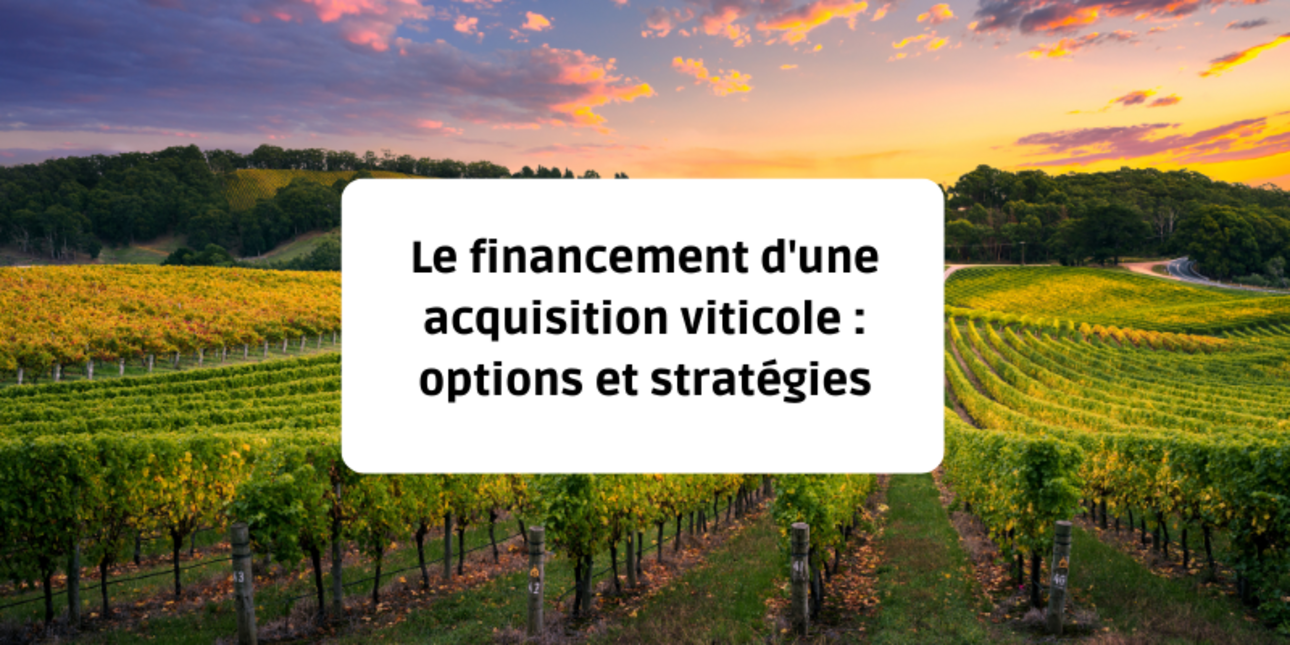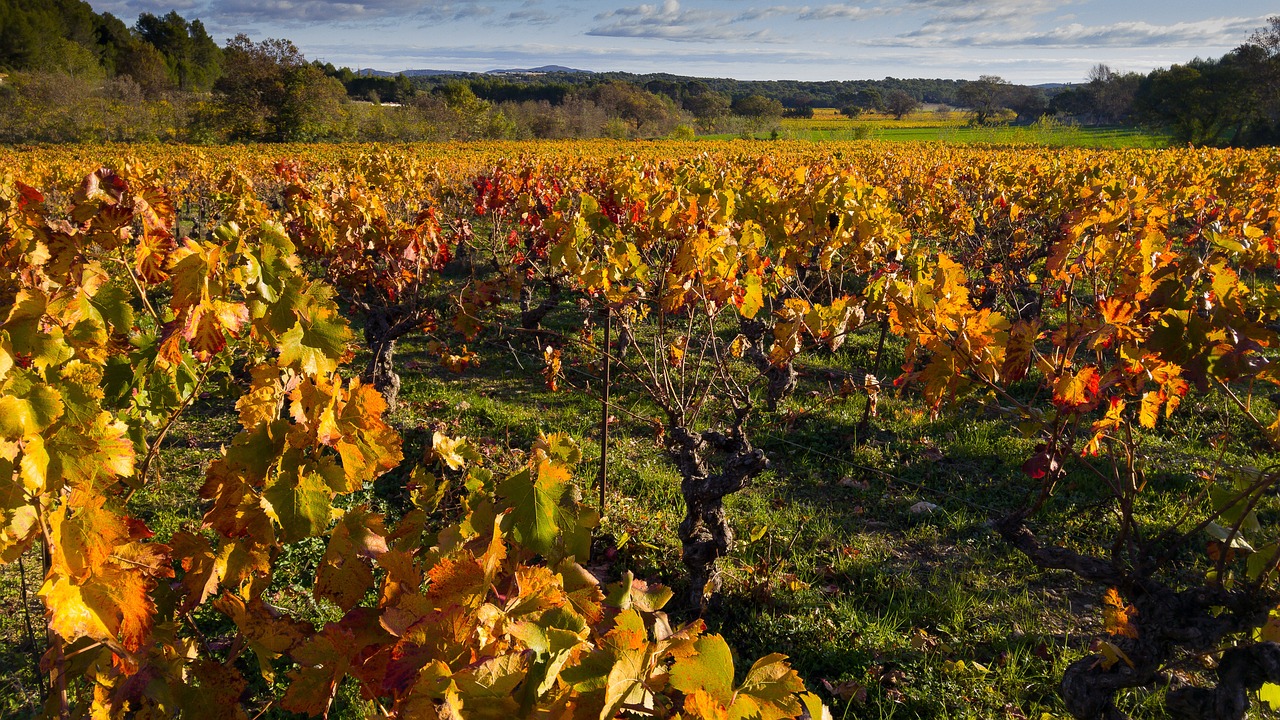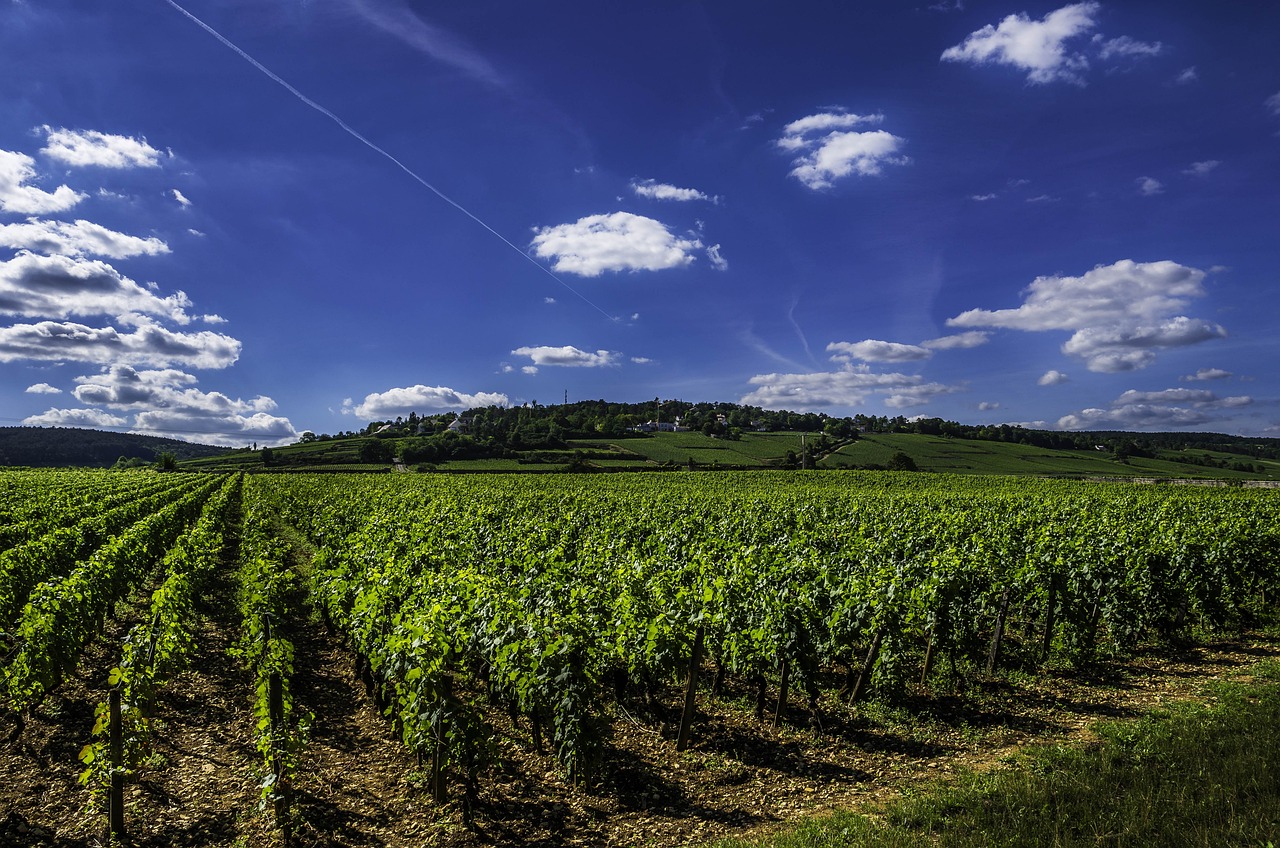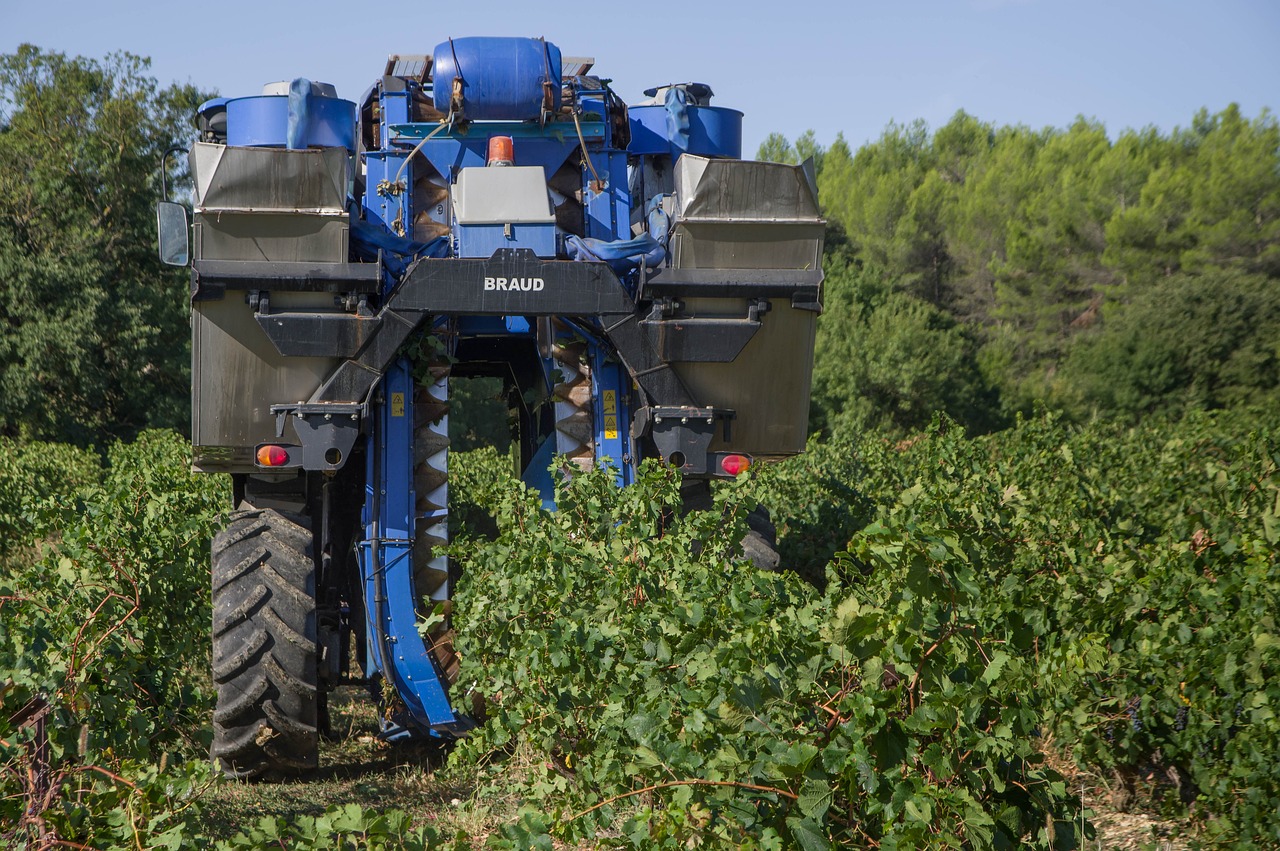
Buying a wine estate is a major investment that requires a well thought-out financing strategy. Whether you are a keen investor or a professional in the sector, it is crucial to understand the different options and strategies available for financing your wine acquisition project.
Before embarking on the financing of a wine estate, it is essential to assess a number of aspects:
The cost of a wine estate varies considerably depending on many factors, such as the region, the size of the estate, the quality of the vines, the buildings and the equipment included in the sale. It is important to determine a realistic budget taking all these factors into account.
In addition to the purchase price, you need to factor in transaction costs, taxes, notary and lawyer's fees, as well as the costs of the audits and verifications required before the purchase.
Running a wine estate requires a significant amount of working capital to cover production costs, wine storage and running expenses before generating any income.
The purchase of wine stock should be considered carefully. It often represents several years' production. It will therefore require a significant amount of capital. Make sure that this stock is saleable (customers, quality of wine) and that its valuation is consistent with production costs and selling prices.
For investors with substantial financial resources, self-financing can be an attractive option. However, it is rare for a wine acquisition to be entirely self-financed because of the high sums involved.
Except for very small estates, financing a wine estate without a minimum personal contribution seems unrealistic.
Bank loans are often the main source of finance for the purchase of a wine estate. There are different types of loan tailored to the wine sector:
We advise you to contact several different financial institutions to find the best partner and the best financing structure.
The GFV is a legal structure that allows several investors to join together to acquire a wine estate. They become owners of shares in this particular type of non-trading property company.
This option offers attractive tax benefits and enables risks to be pooled.
The GFV also enables the contributors of capital to be remunerated in kind in the form of bottles of wine, attracting investors looking for both a financial investment and a pleasure investment. In this way, the contributors become the wine estate's first ambassadors, helping new people to discover the wines.
Wine crowdfunding is gaining in popularity. This method makes it possible to raise funds from a large number of investors, often wine lovers, to finance the acquisition or development of an estate.
Read our articles on alternative financing tools to find out more.
A detailed business plan is essential to convince banks and potential investors. It should include :
The choice of legal structure (SCEV, GFV, SAS, etc.) can have a significant impact on financing options and taxation. It is advisable to consult a chartered accountant and a lawyer specialising in the wine sector to determine the best structure1.
Creating a separate company for the wine business and one for the vineyards can help to find partners for each party: property investors attracted by the vineyards, capital providers for the operating structure who can accelerate the development of the wine business through their sales network, their expertise, etc.
An effective strategy often involves combining several sources of finance:
This approach spreads the risk and optimises the financing terms.
Banks attach particular importance to the value of assets in the wine sector. Land, buildings, equipment and wine stocks are solid guarantees for lenders.
Financing needs to take account of the specific nature of the wine production cycle, with cash requirements varying from season to season and a significant time lag between the initial investment and the first wine sales.
There are various grants and subsidies available for setting up and developing winegrowing businesses, including the Dotation Jeune Agriculteur (DJA) for new farmers.
Gather all the necessary documents: financial statements, business plan, domain appraisals, etc. The more complete and professional your application, the greater your chances of obtaining favourable financing.
Don't settle for the first offer. Negotiate the interest rate, the term of the loan, the repayment terms and the guarantees required.
Financing a wine acquisition is complex. Don't hesitate to call on specialist professionals such as finance brokers, chartered accountants and lawyers.
Prévoyez une marge de manœuvre dans votre financement pour faire face aux imprévus et aux opportunités de développement futur de votre domaine.
Financing a wine acquisition requires a strategic and well-planned approach. By understanding the different options available and devising a strategy tailored to your situation, you will increase your chances of making a successful wine acquisition.
Remember that every acquisition is unique, and that choosing the best financing strategy will depend on many factors specific to your project and your personal situation.